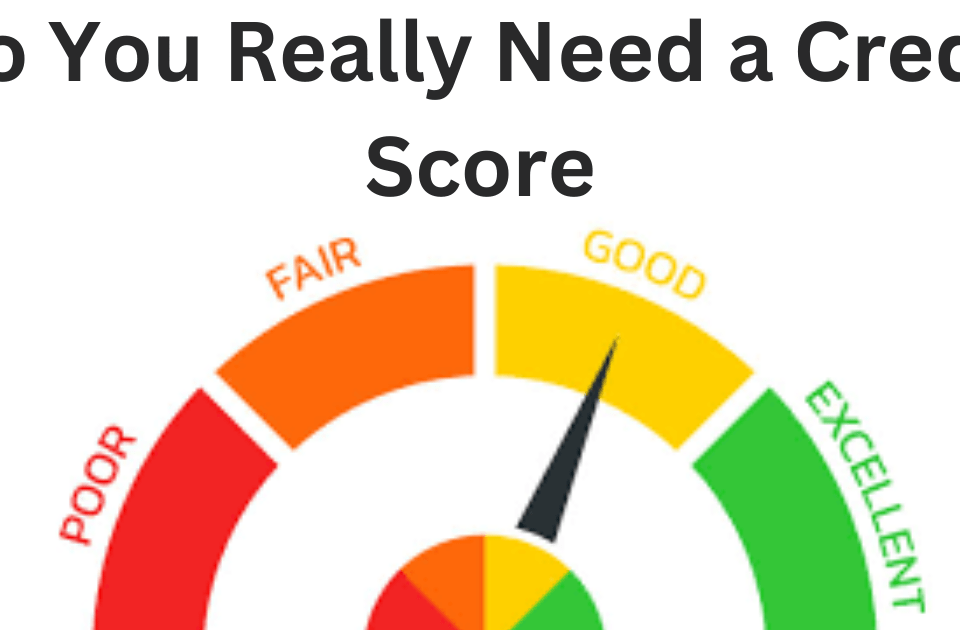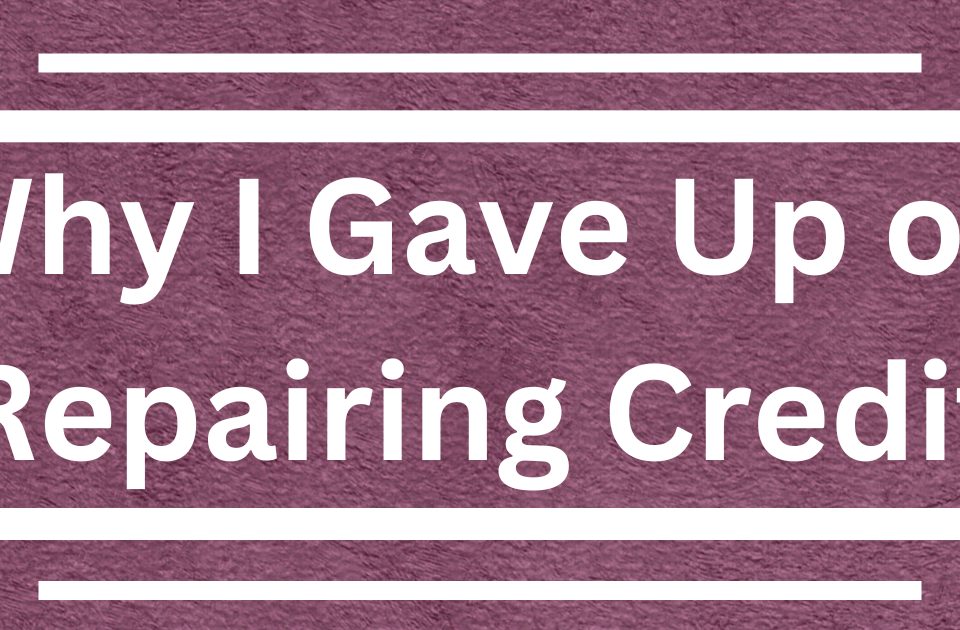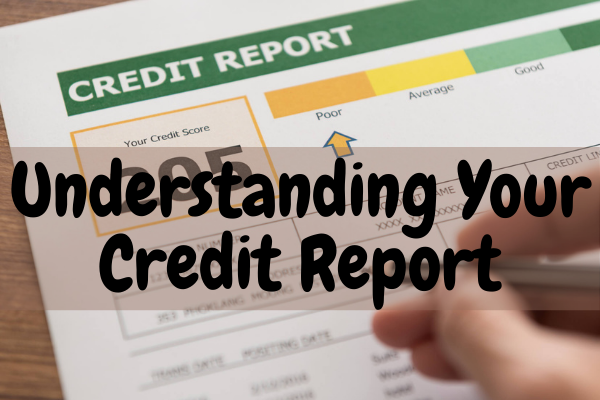2. Pay the minimum monthly payments. This will repair your credit score remarkably.
3. Limit the number of credit card accounts you have open at any one time.
4. Maintain available credit on your open accounts.
5. Request a copy of your credit report at least once a
year from each of the three national credit-reporting agencies.
6. Check your reports for errors. You must clear up any errors that do appear in your report right away, time is critical in this.
7. Don’t open multiple accounts all at one time, especially if your credit history is not good. This tends to look a bit risky to lenders because you are taking on a good deal of possible debt, all at once.
8. Remember that you must know how to prioritize your needs. Leave those credit cards that are not needed aside for a while. Then after you have recovered from all the other debts, you can add these cards back into your wallet. The new accounts will lower the average age of your account and this is something that counts toward your FICO score.
9. Don’t open accounts that are not necessary. They will just be a burden. Even if you have a very high income, you can still encounter some difficulties.
10. Make sure that you don’t close accounts with the thought that the account will be removed from your record. That will not help at all. Closing accounts can sometimes even hurt your score.






